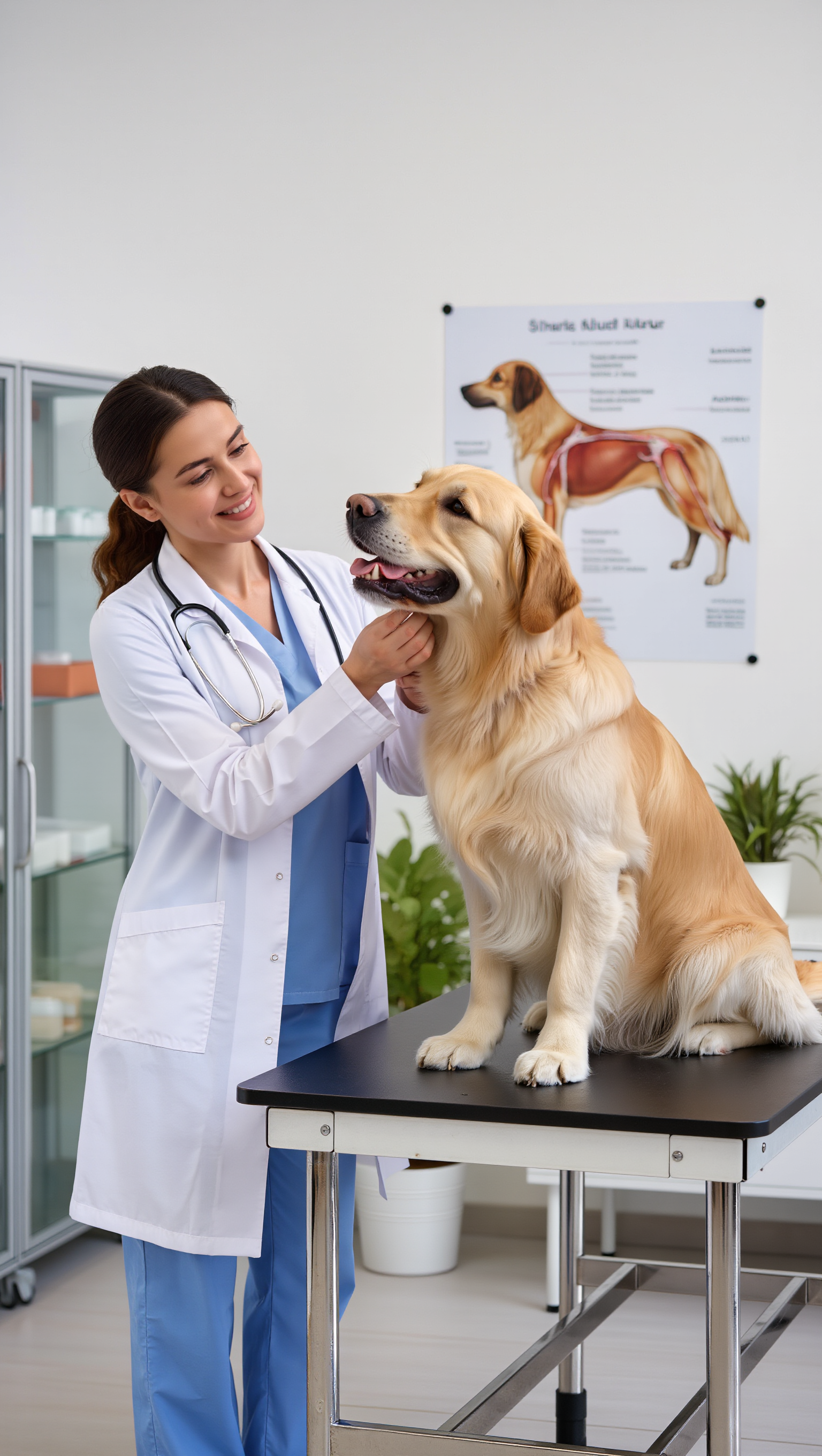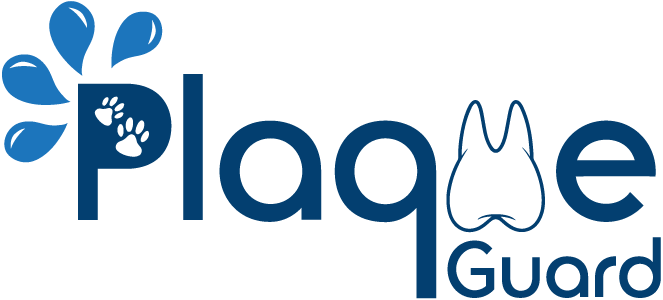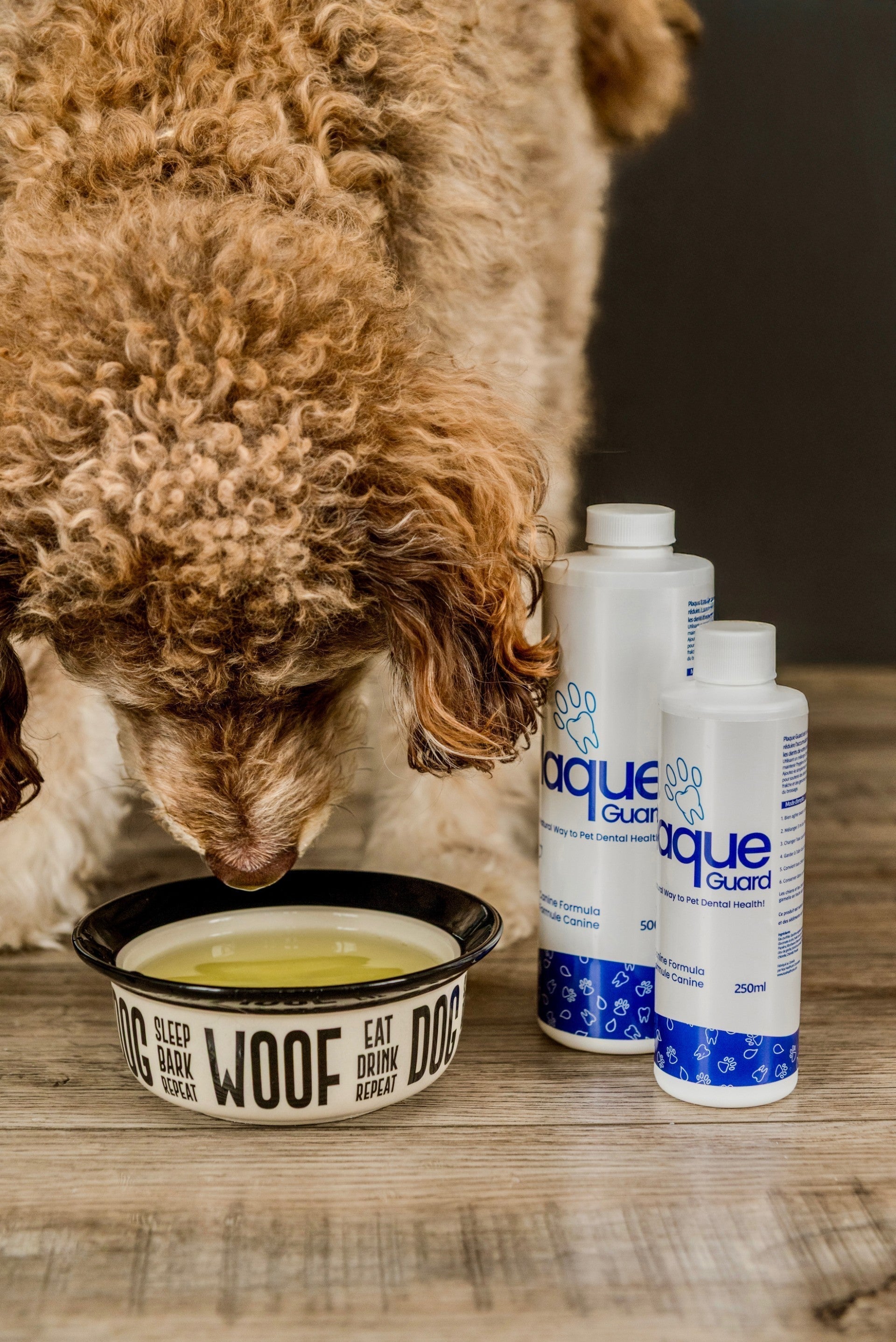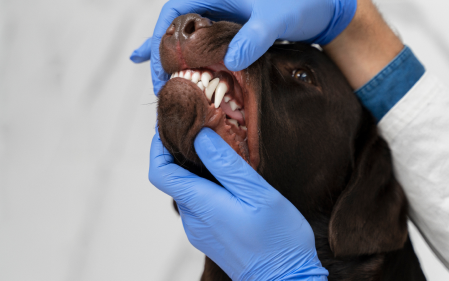
5 Signs Your Pet Has Dental Disease (And What You Can Do
Let’s be honest: we’ve all made jokes about “doggy breath.” But what if that whiff of stink is actually telling you something important about your pet’s health? Dental disease is, unfortunately, one of the most common issues affecting adult dogs and cats. Often, we don’t notice there’s anything wrong—until things are really serious.
Here are five telltale signs that your best friend’s mouth needs some TLC:
1. That “turn-away” bad breath
We expect our pets to have some level of morning breath, but a truly foul, rotten odor isn’t normal. That stink is often bacteria talking—and not in a good way. Bad breath is the number one clue that there’s a problem brewing under the surface, so it’s always worth lifting the lip and taking a peek.
2. Red, swollen, or bleeding gums
When you peek at your pet’s gums, they should be a nice even pink—unless your pet is a breed with natural dark pigment. If you spot red, puffy areas where the tooth meets the gum, or happen to see a bit of blood after a chew session, it’s a sign inflammation is already at work.
3. Yellow or brown tartar along the teeth
Plaque—the sticky stuff caused by bacteria—can harden into tartar shockingly fast. It’s that yellow/brown crustiness you might notice clinging around the gumline. Tartar is loaded with bacteria that keeps the gum irritated and can quickly turn a small problem into a big one.
4. Changes in how your pet eats or chews
Pain in the mouth can cause all sorts of subtle (and not-so-subtle) changes. If your dog starts dropping kibble, chews only on one side, or your usually food-obsessed cat suddenly gets picky, oral discomfort may be the reason. You might also catch your pet pawing at the side of their face or drooling a little more than usual.
5. Mood changes or “head shyness”
Sometimes, a pet that usually seeks out cuddles suddenly avoids being touched on the head. Maybe they seem cranky or a little more withdrawn than usual. This isn’t naughtiness—it’s often their way of saying, “This hurts!” Dental pain can make even the friendliest dog or cat irritable or hide more often.
Why Early Detection Matters
Dental problems in pets aren’t just about a stinky mouth. Left unchecked, infections can cause lasting pain, loose teeth, and even put vital organs like the heart and kidneys at risk as bacteria travel through the bloodstream. The sooner you spot the problem, the better the outcome.
If you’re seeing any of these signs, it’s time for a professional check-up. Your vet can recommend a dental cleaning—usually under anesthesia—so they can get below the gumline where real trouble starts.
Prevention Tips: Small Steps, Big Impact
Brushing is the gold standard for pet dental care, but it’s not always easy to do every day—especially with a stubborn cat or a squirmy dog. One practical, low-stress solution is incorporating a water additive designed to fight plaque, like Plaque Guard. Just add it to your pet’s water bowl and it goes to work against the bacteria and plaque that cause all the trouble. It’s safe for both dogs and cats, and using it daily is a simple way to support fresh breath and a healthy mouth between vet visits.
Dental chews, crunchy foods, and plenty of safe chew toys can also help scrape away soft plaque before it hardens. Little daily habits, combined with regular check-ins with your veterinarian, can go a long way toward keeping your best friend’s smile bright (and their breath fresher).
Your pet can’t tell you when something’s wrong in their mouth, but with a watchful eye (and nose) and a simple routine like adding Plaque Guard to their water, you can help them stay happy, healthy, and smiling for years to come.




